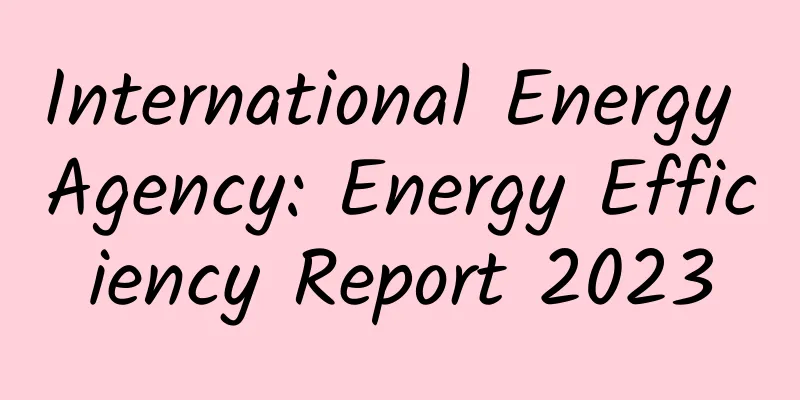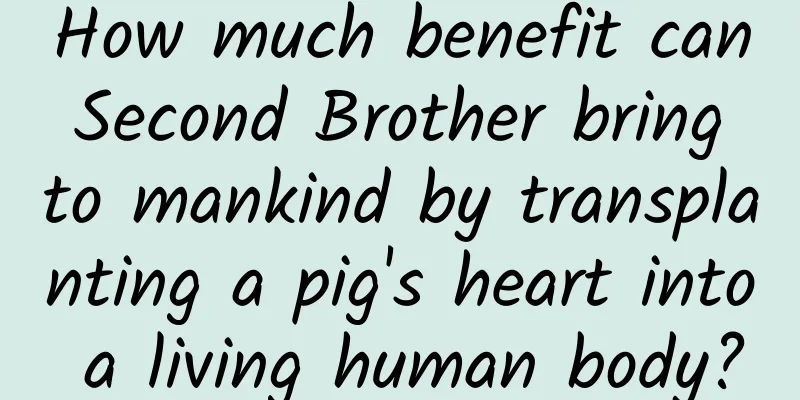International Energy Agency: Energy Efficiency Report 2023

|
The International Energy Agency has released its Energy Efficiency Report 2023. Efficiency policy momentum is increasing, but global energy intensity progress is slowing. The growth rate of global energy intensity (the main measure of energy efficiency in the global economy) is expected to fall back to 1.3% in 2023, below the longer-term trend. The lower rate of improvement in energy intensity largely reflects an increase in energy demand of 1.7% in 2023, compared with 1.3% in the same period last year. Policy actions are translating into investment and deployment Action has escalated significantly since the energy crisis began in early 2022, with countries accounting for 70% of global energy demand introducing or significantly strengthening efficiency policy packages. Annual energy efficiency investment has increased by 45% since 2020, with particularly strong growth in electric vehicles and heat pumps. The deployment of efficient technologies is curbing energy demand and heralds the imminent peak in fossil fuels In the first half of 2023, heat pump sales in Germany, the Netherlands and Sweden increased by 75% compared to the same period last year. Consumers now have better choices when renovating their homes or buying a new car. These choices open up opportunities for new levels of energy efficiency. The world is experiencing record high temperatures, which is increasing the need for cooling and reducing the need for heating. In 2023, the world experienced its hottest year on record, threatening to set off a vicious cycle of increased electricity use and higher carbon emissions. Heat waves can also exacerbate health disparities, reduce productivity, increase electricity costs, and disrupt basic services. Extreme heat puts pressure on power systems, requiring significant investments in grid infrastructure and generation, while also imposing high cooling costs on consumers, especially the most vulnerable. Doubling efficiency could cut energy bills by a third and reduce CO2 emissions by 50% by 2030 As the global target of doubling energy efficiency improvements by 2030, from 2% per year in 2022 to 4%, takes shape, international efforts, including at COP28, will play an important role in shaping future energy efficiency and demand paths. |
>>: Limited production capacity: Can Samsung not come up with a big move?
Recommend
The top 10 misunderstandings in Tik Tok operations, have you fallen into them?
Before you started making short videos on TikTok,...
The mystery of dark energy: Is the force behind the universe's expansion variable?
Author: Duan Yuechu and Huang Xianghong There are...
Why can't humans grow and replace teeth infinitely like sharks?
From babbling to chewing food, teeth are importan...
How to create a video account with 100,000+ likes
How to create a video account with 100,000+ likes...
Tieling SEO Training: 2020 SEO Knowledge Assessment Interview Questions (with SEO Answers)
1. SEO knowledge assessment interview multiple ch...
Xu Wangshang: A secret trick to help you make money quickly on the Internet [guaranteed to make money and guarantee profit]
There are many people who make a fortune on the In...
Here's everything you need to know about ski jumping
Beijing Winter Olympics Test Event 2021-2022 FIS ...
Is Lancome's weight loss product really effective? How effective are Lancome's weight loss pills?
Lancome weight loss digestive system irritation L...
Hejun's Strategic Thinking Course (Issue 24)
Hejun's Strategic Thinking Course (24th Issue...
What kind of apps get recommended on the App Store?
This is a very broad question, and the editor'...
I get shocked when I disagree with something. Why does static electricity always come to me?
Audit expert: Zhou Hongzhi Senior Experimentalist...
36 rules for creating popular short videos, worth collecting!
One mode is to "pull" to the end, as lo...
Scientific and technological equipment broadens the way for emergency rescue of hazardous chemicals
...
Can cancer be "contagious" among family members? Take precautions now →
Myth: "Cancer be transmitted between family ...
If you don’t choose the right method, no matter how much advertising money you spend, it will be wasted!
If you want to sell your product well, you have t...









